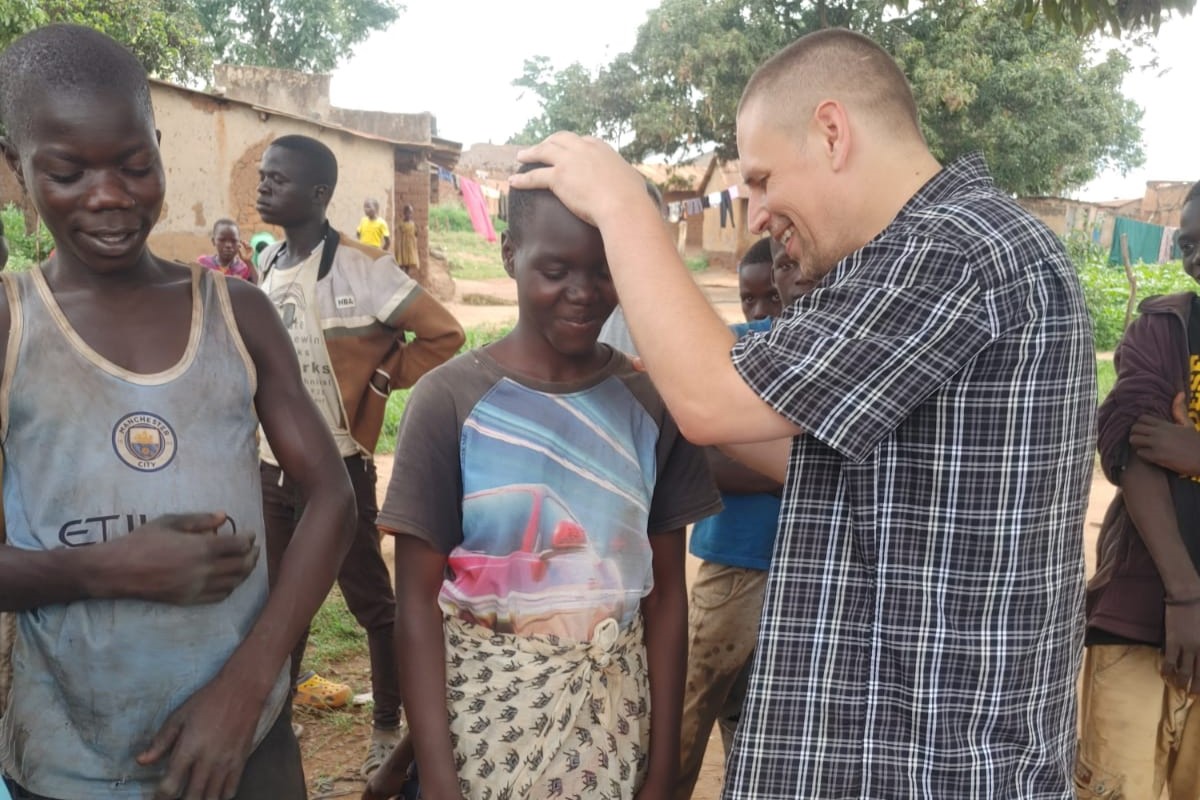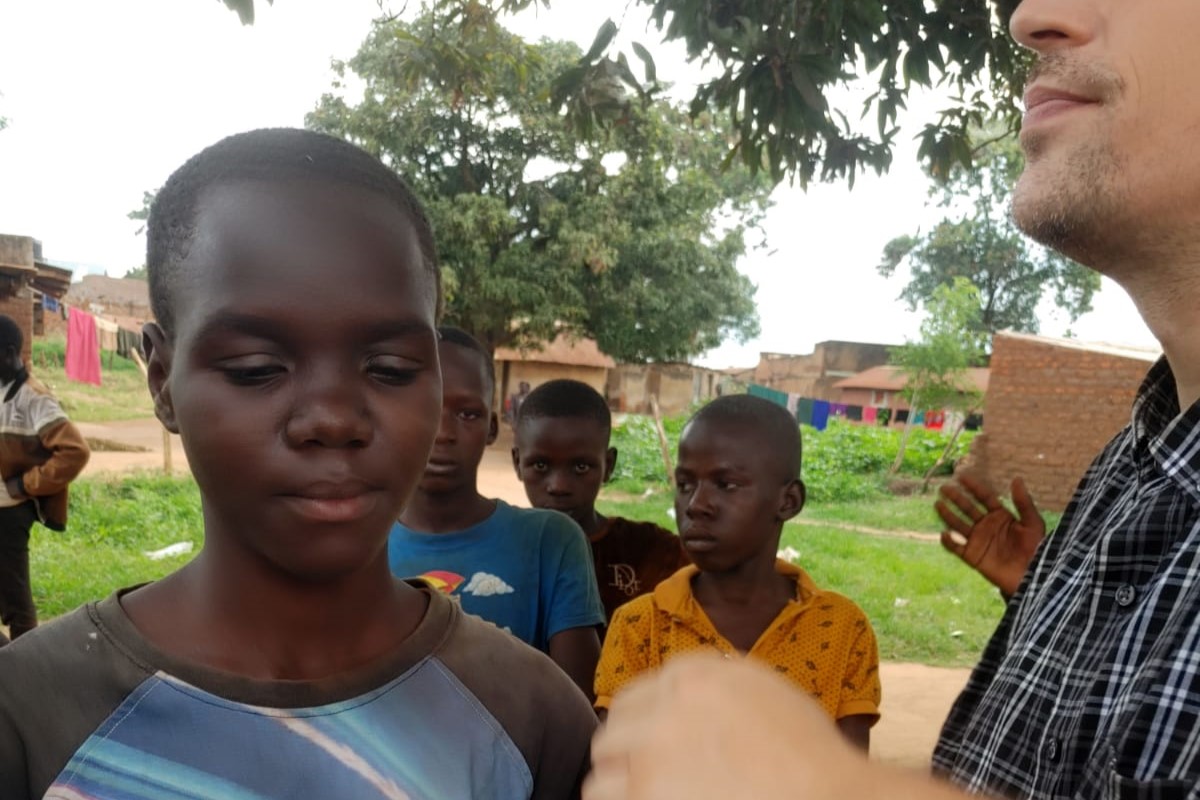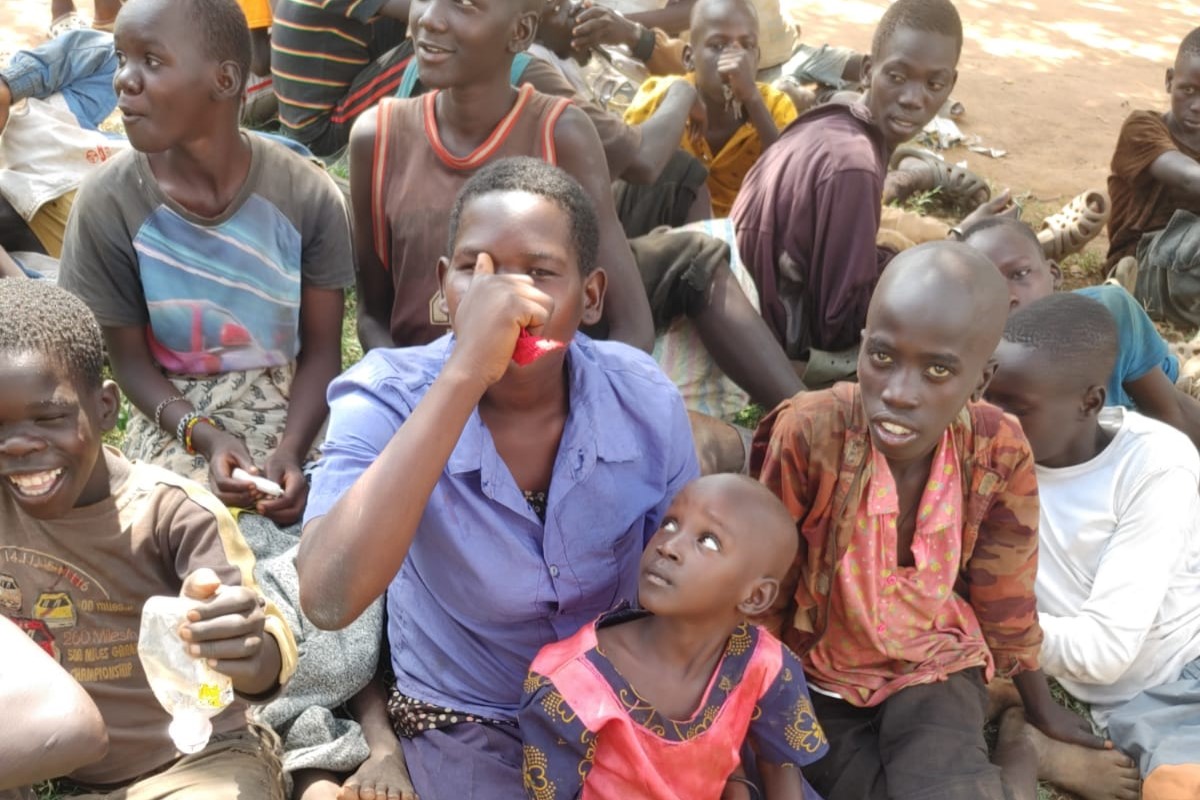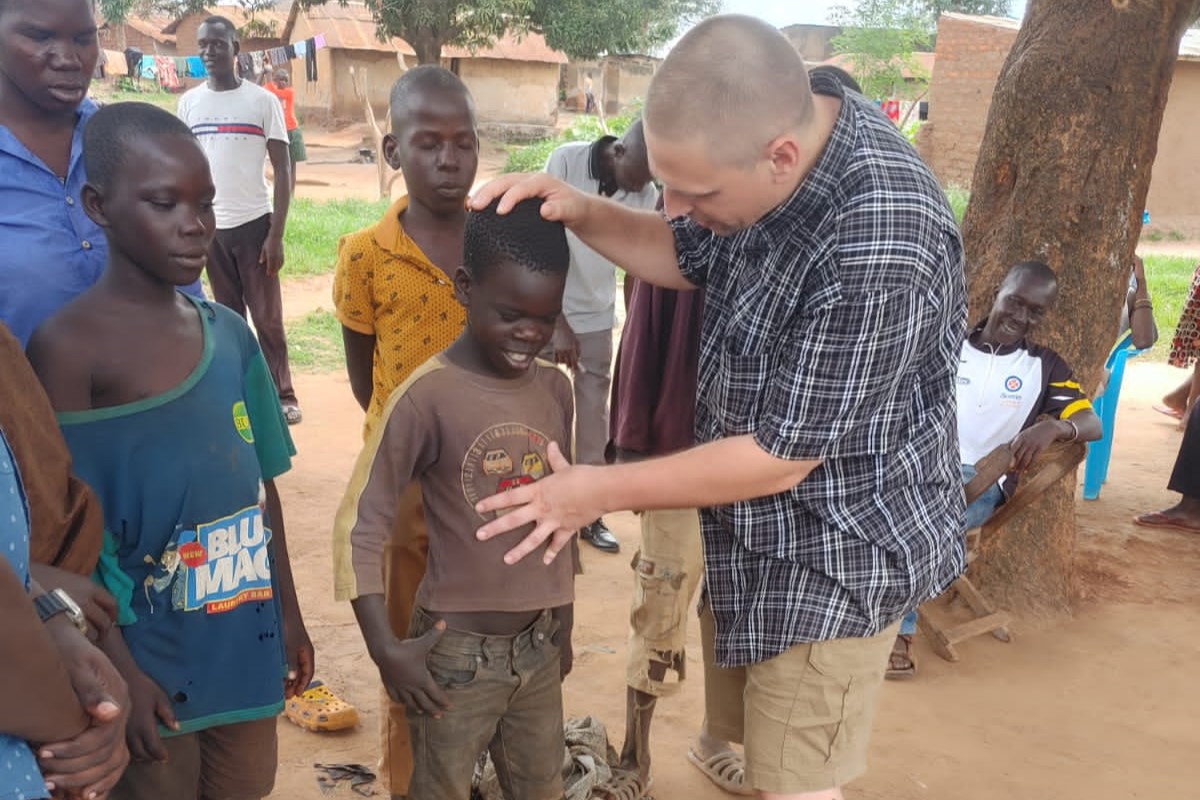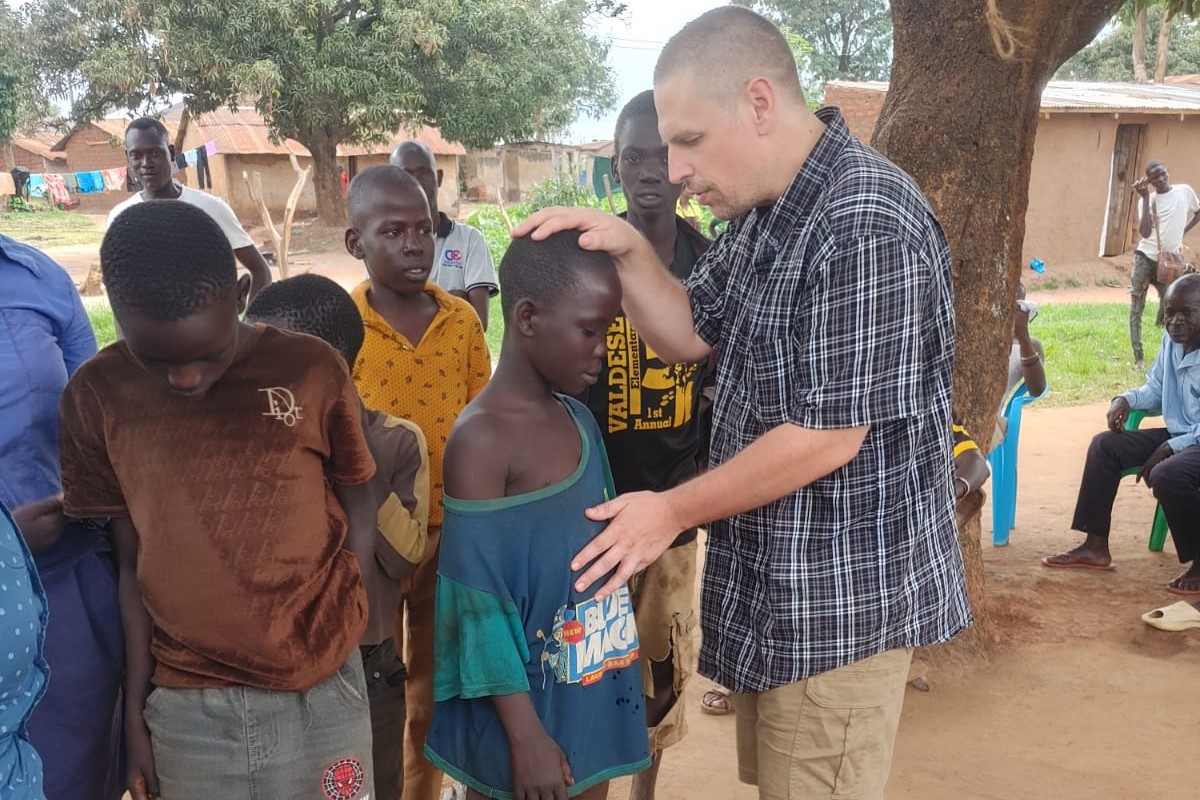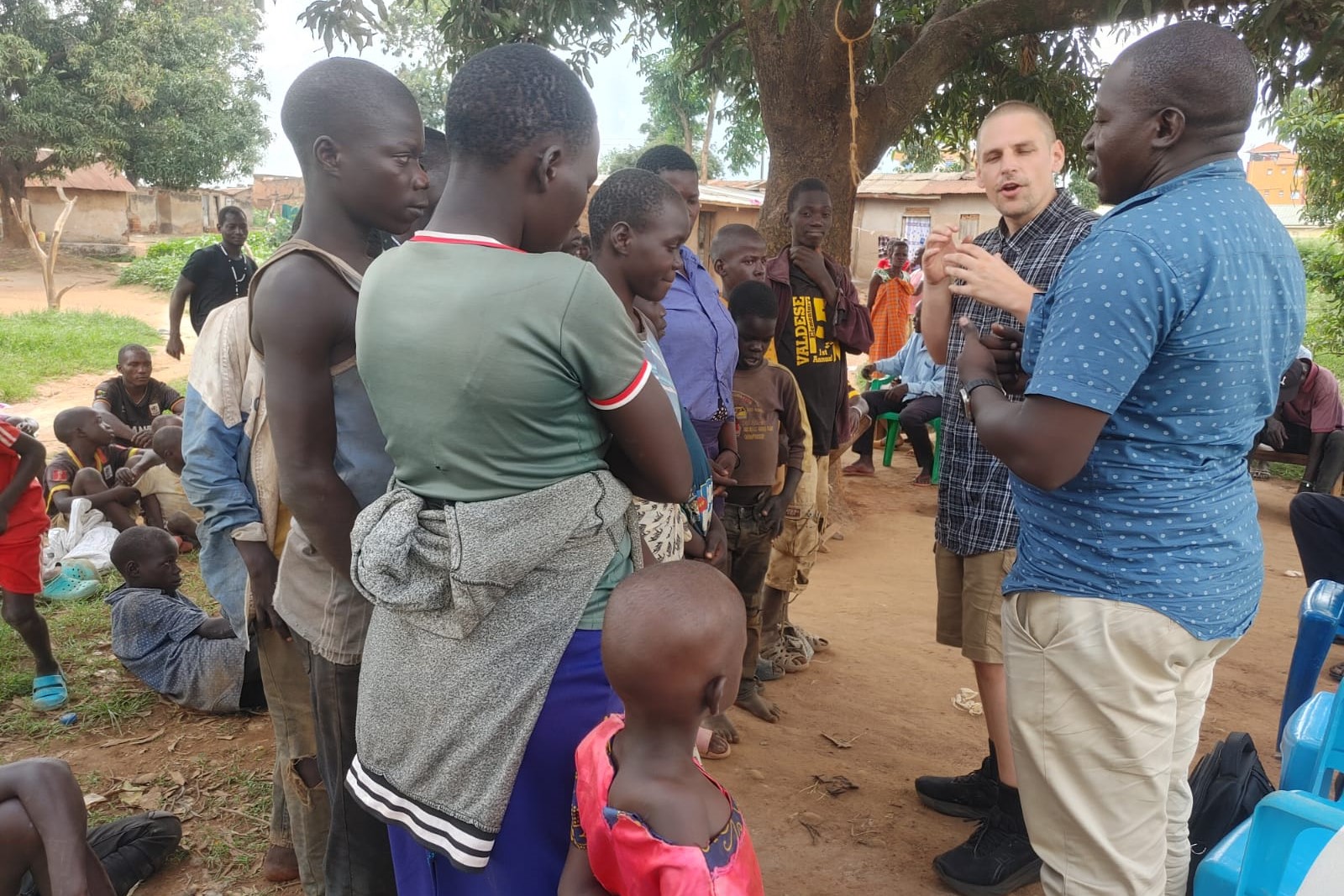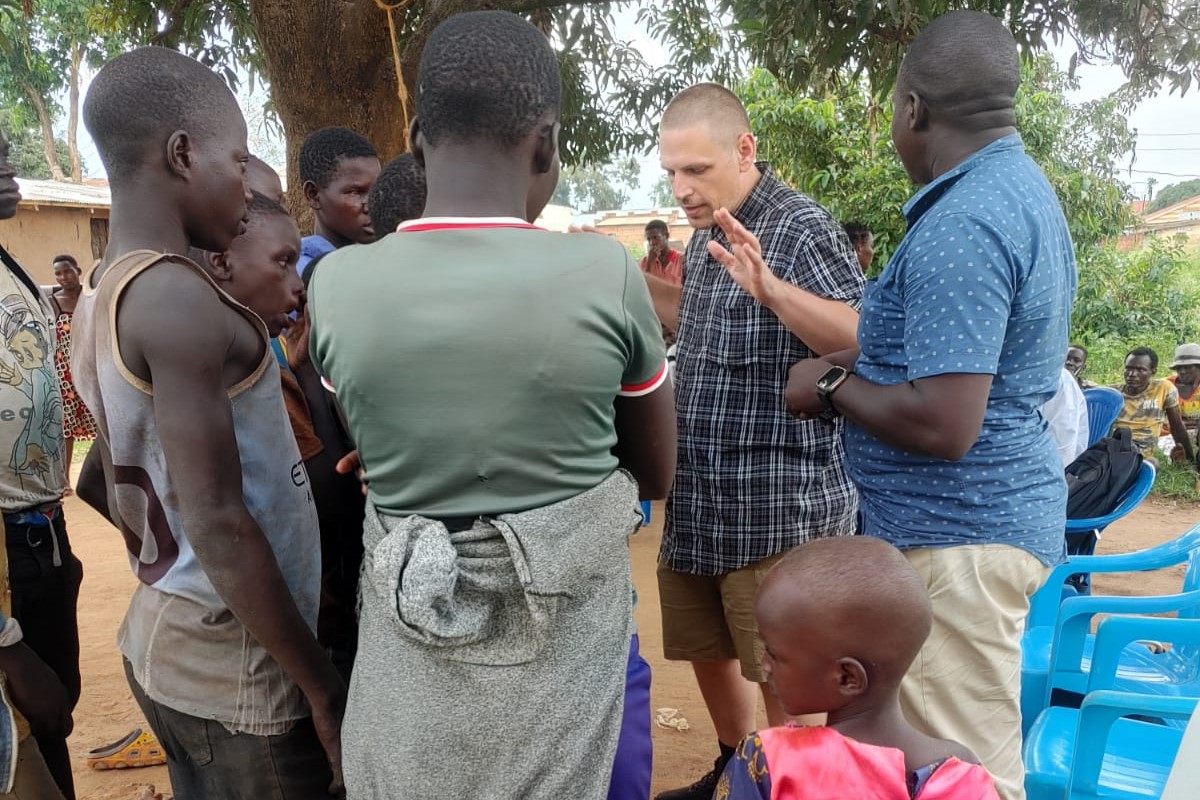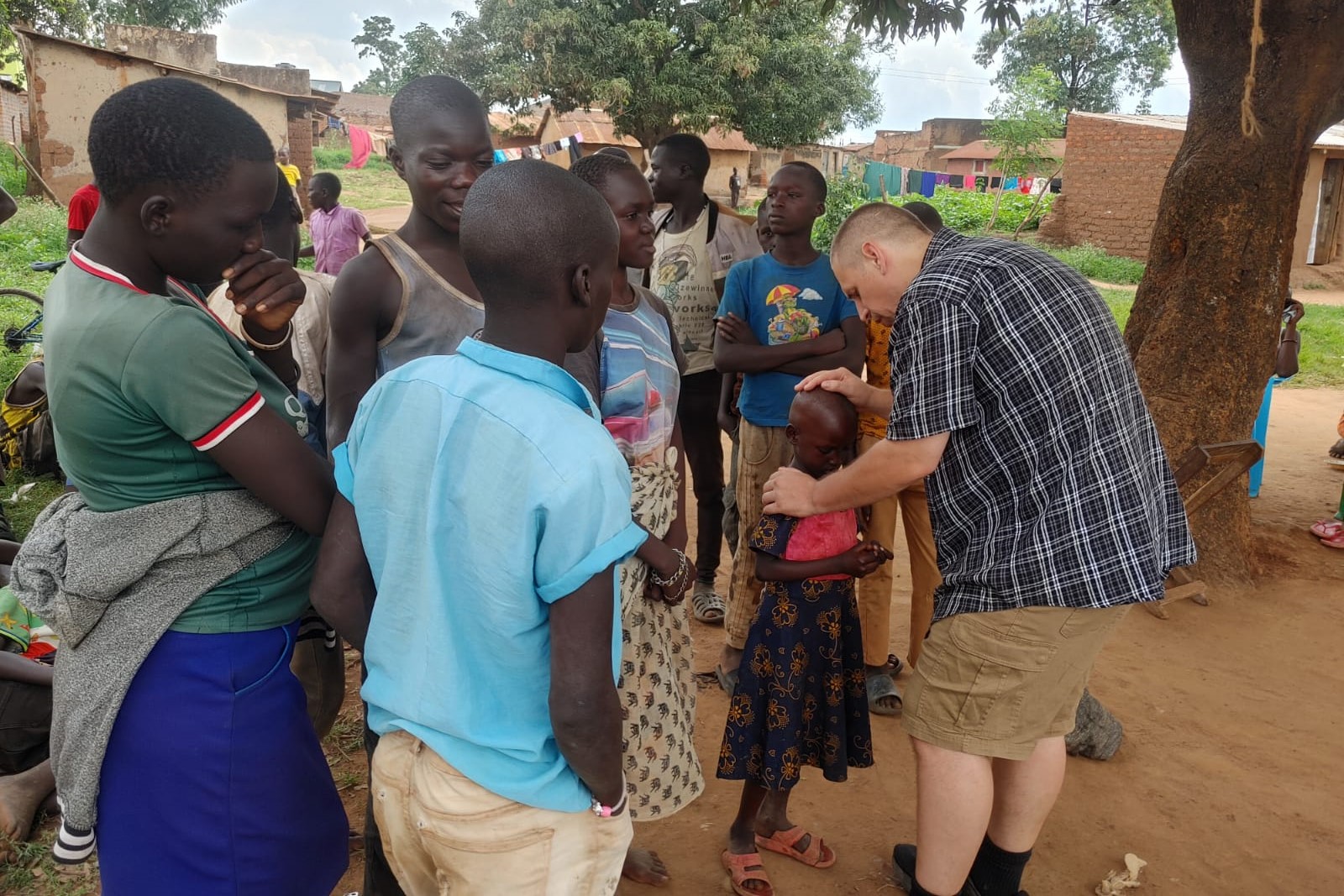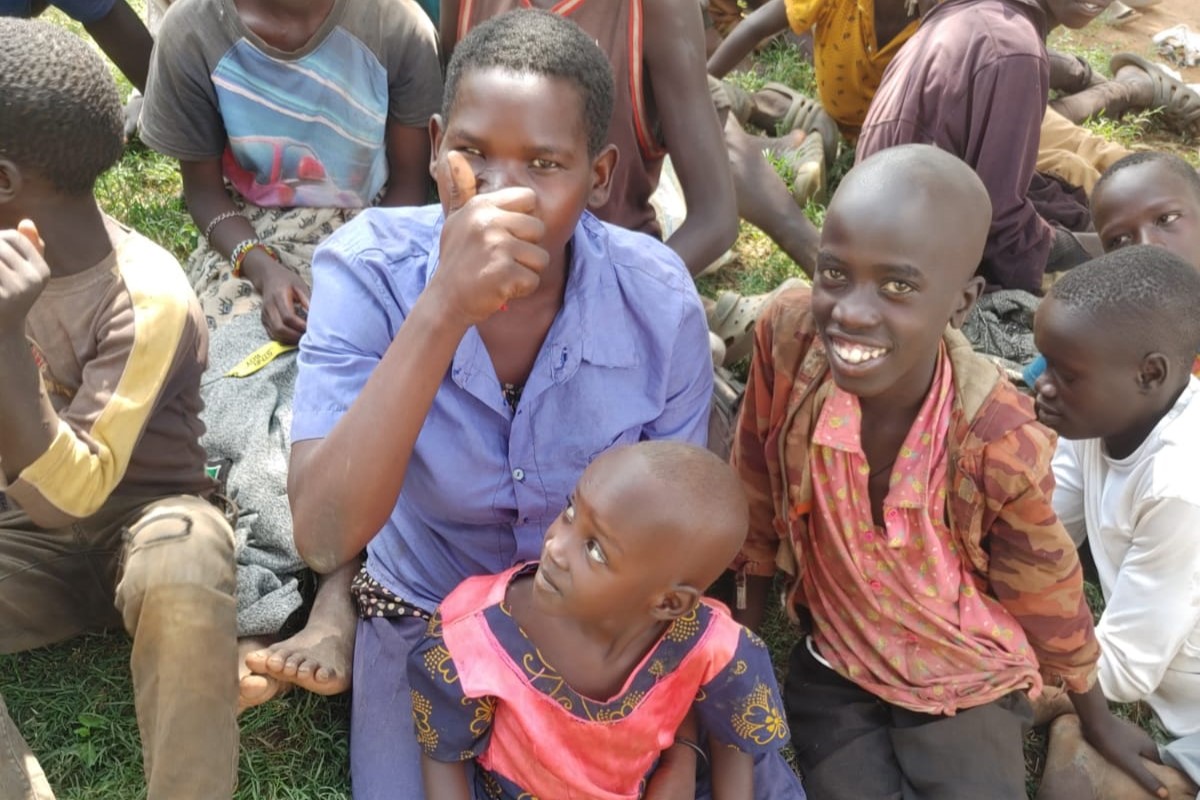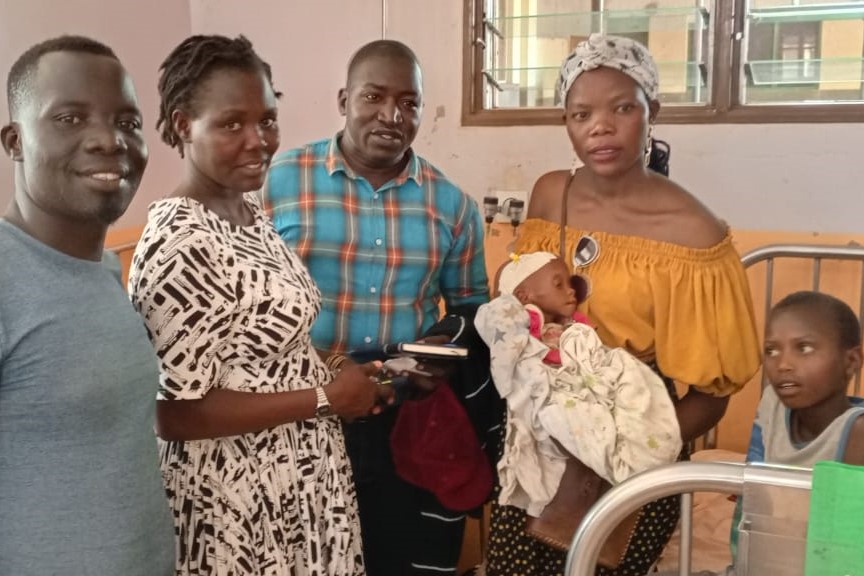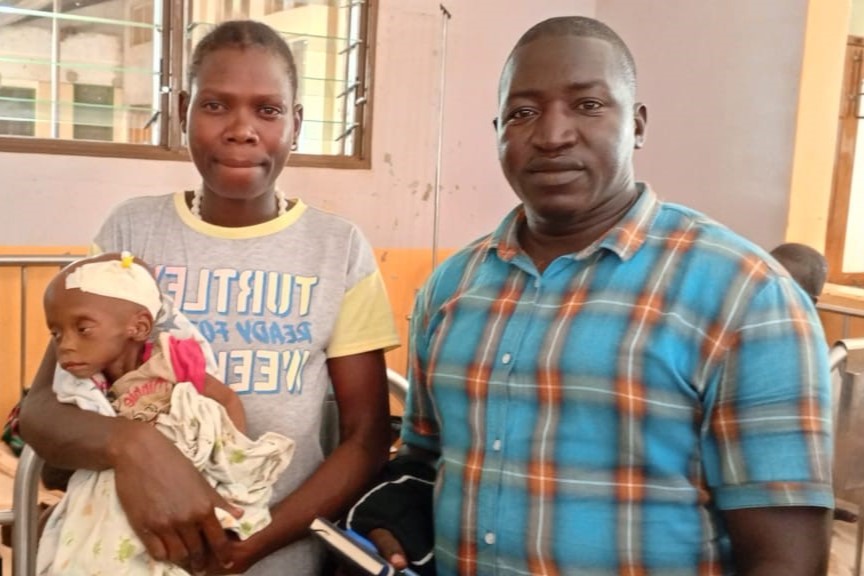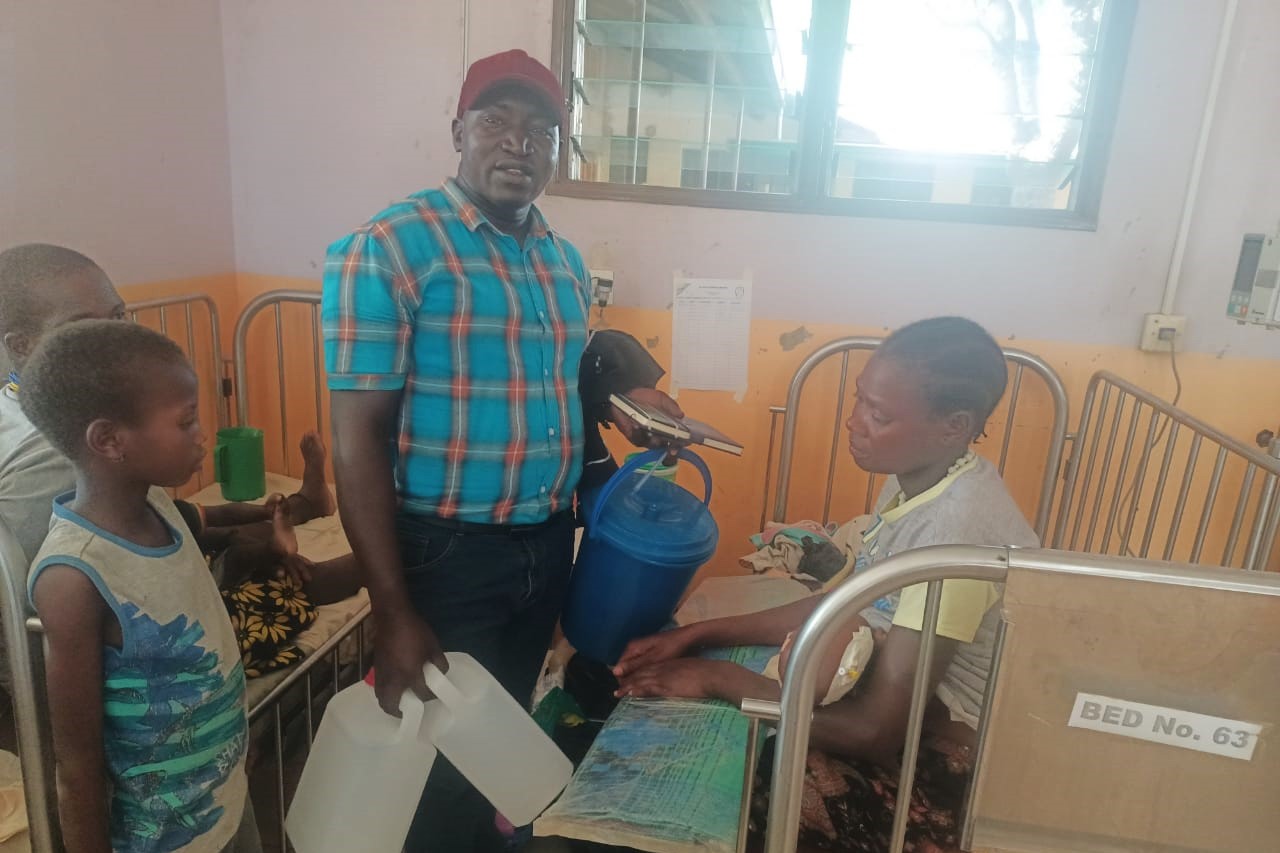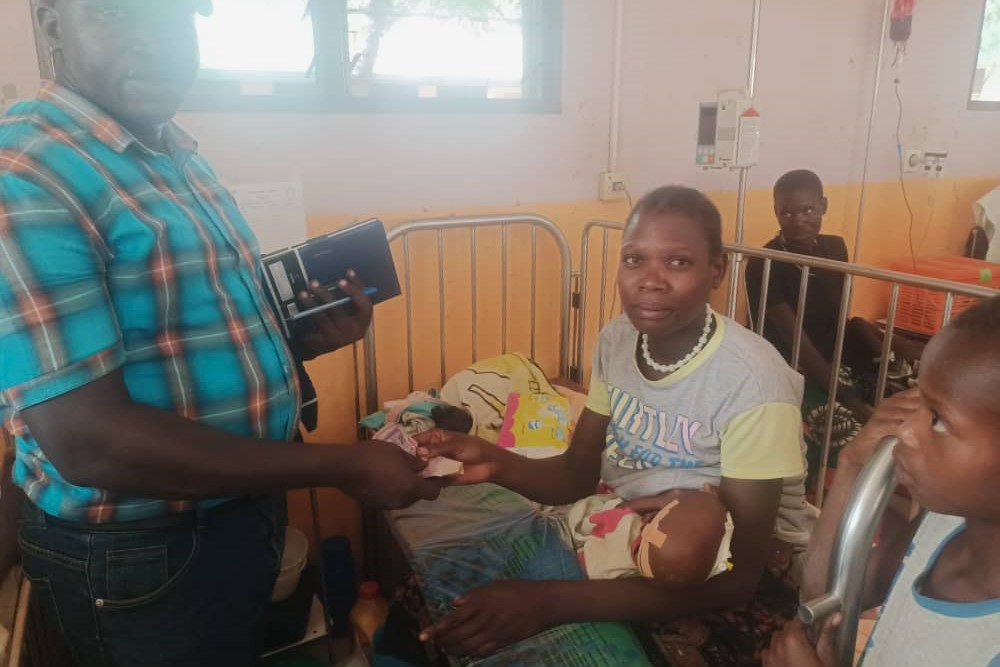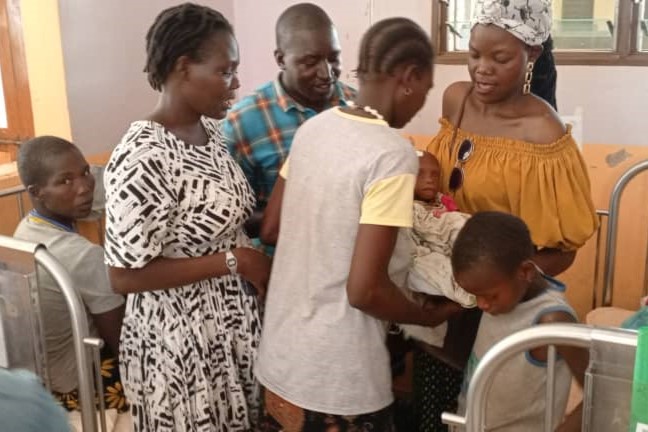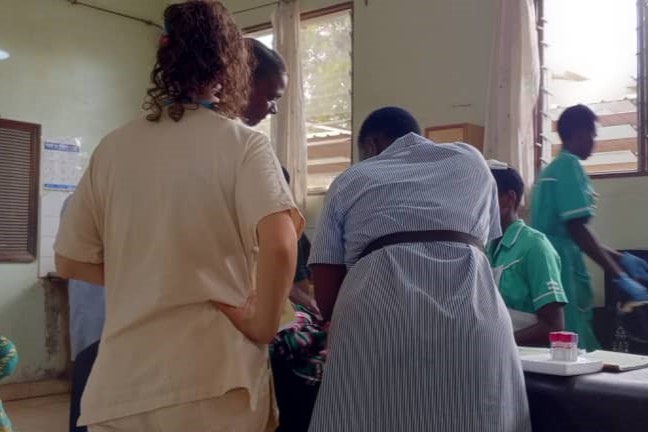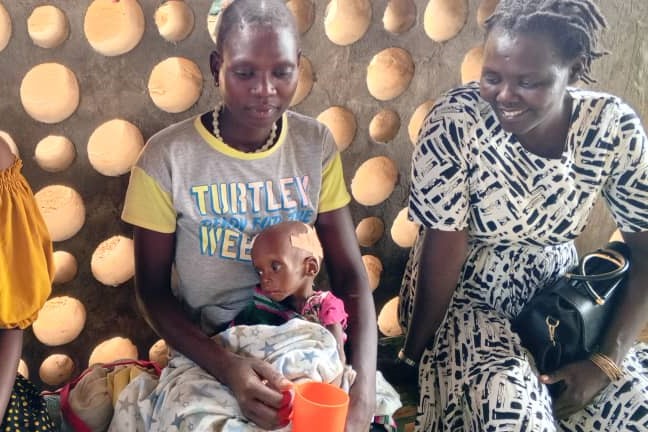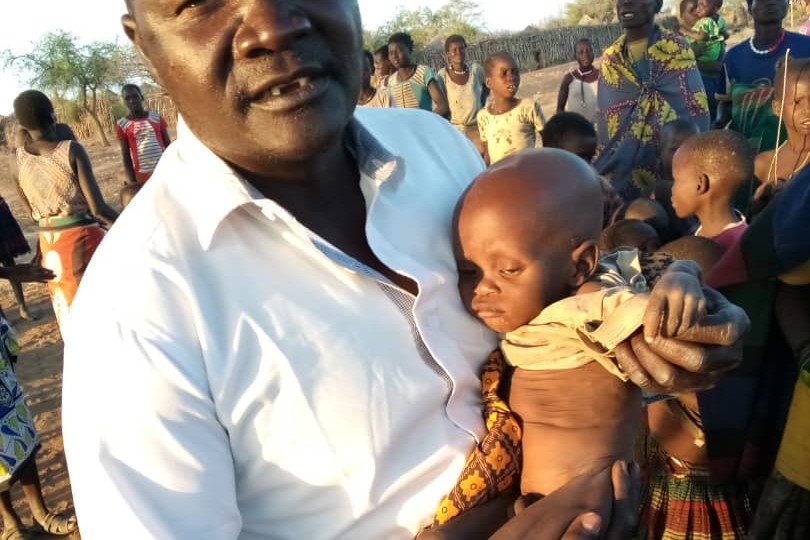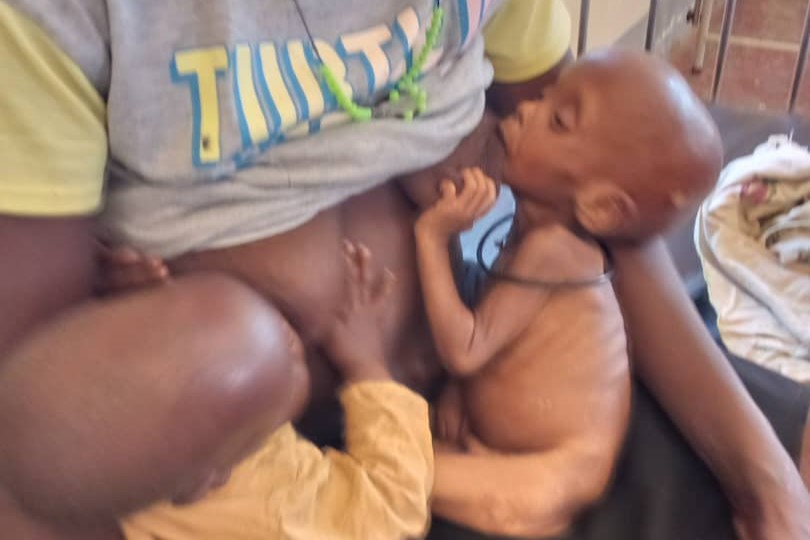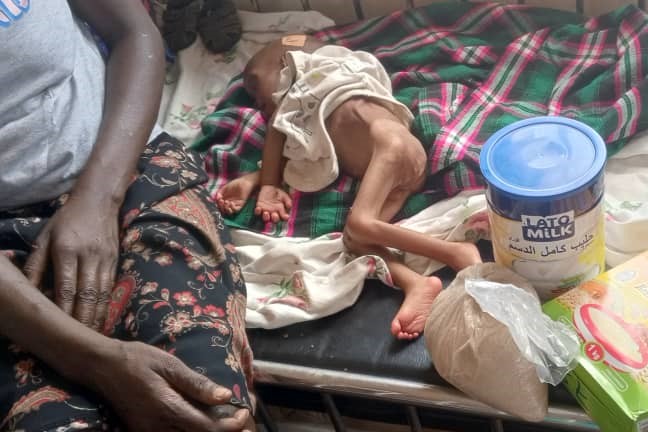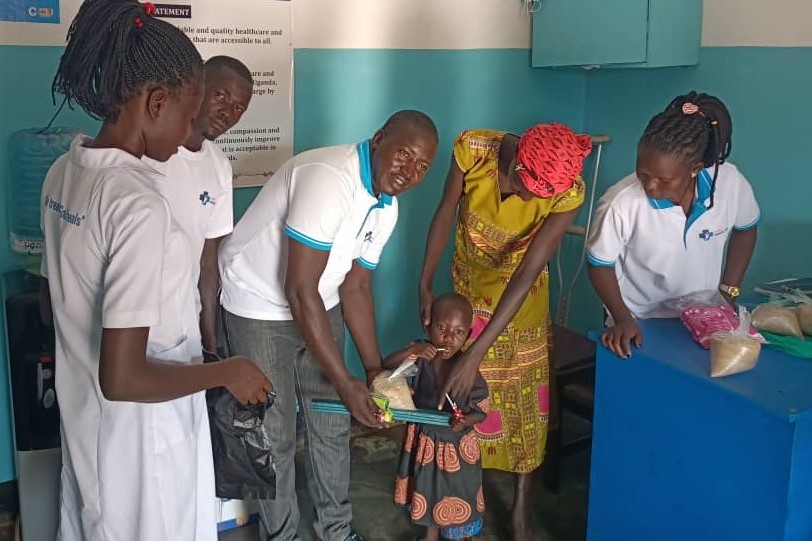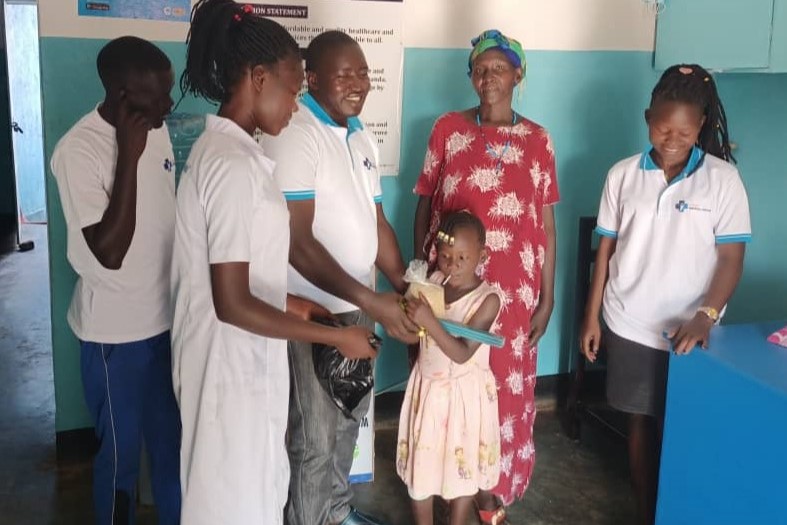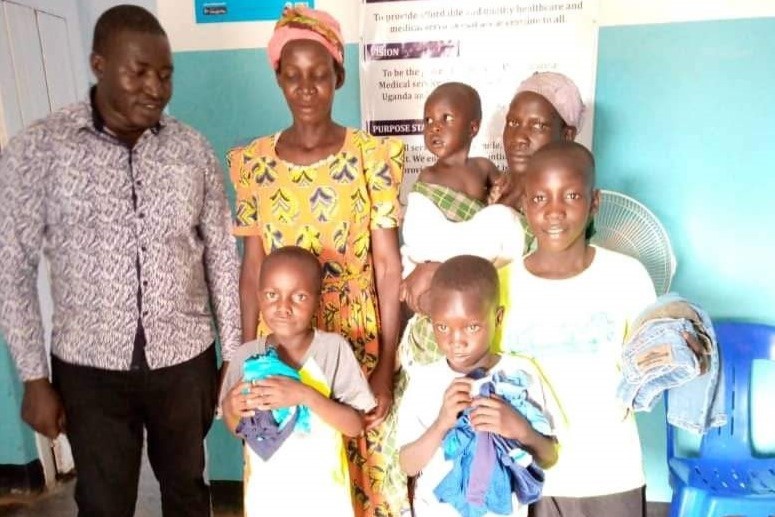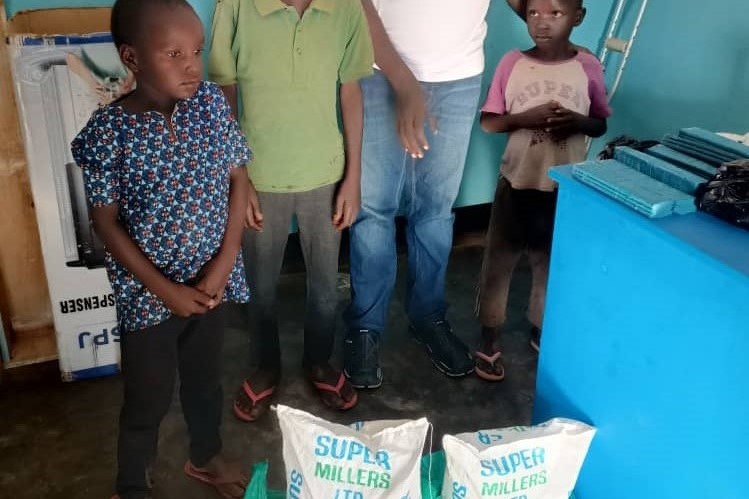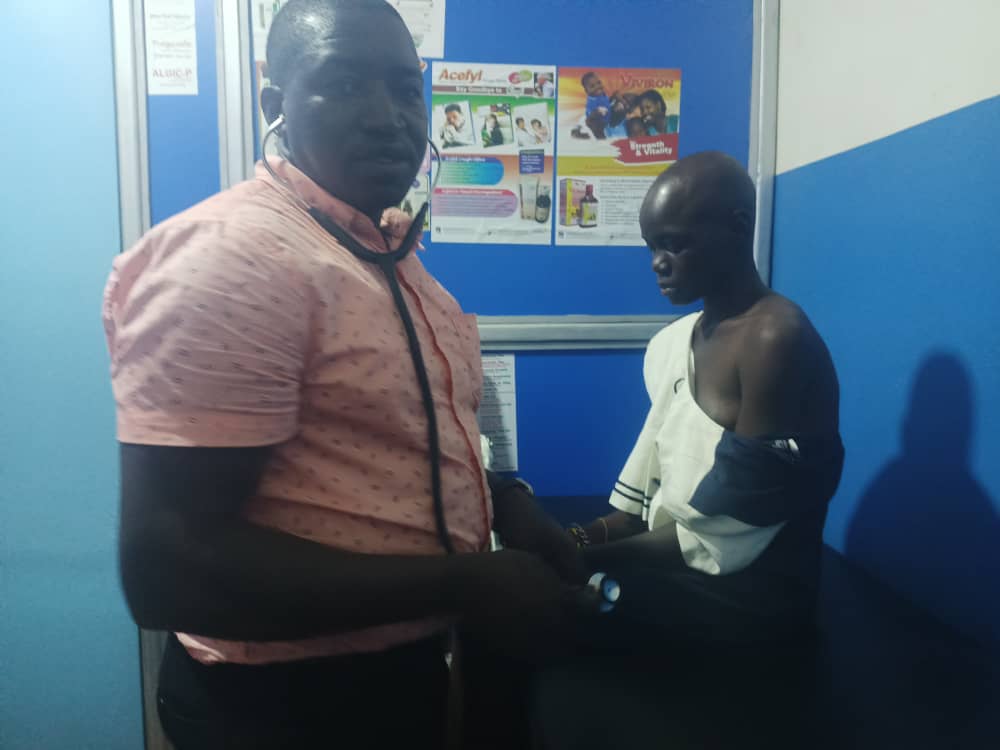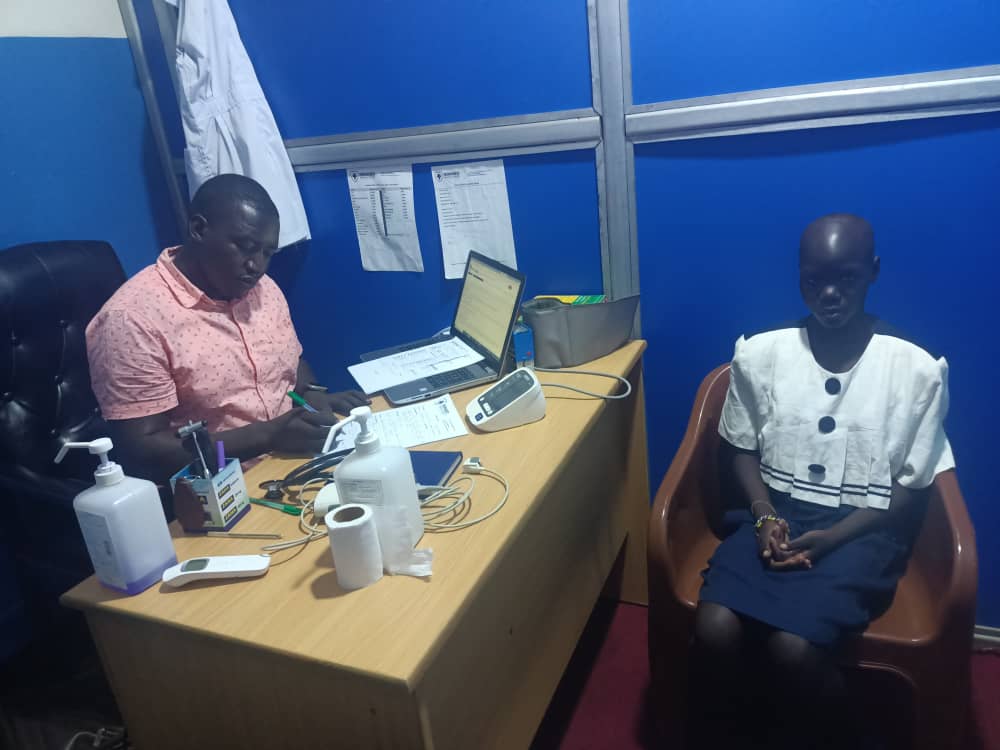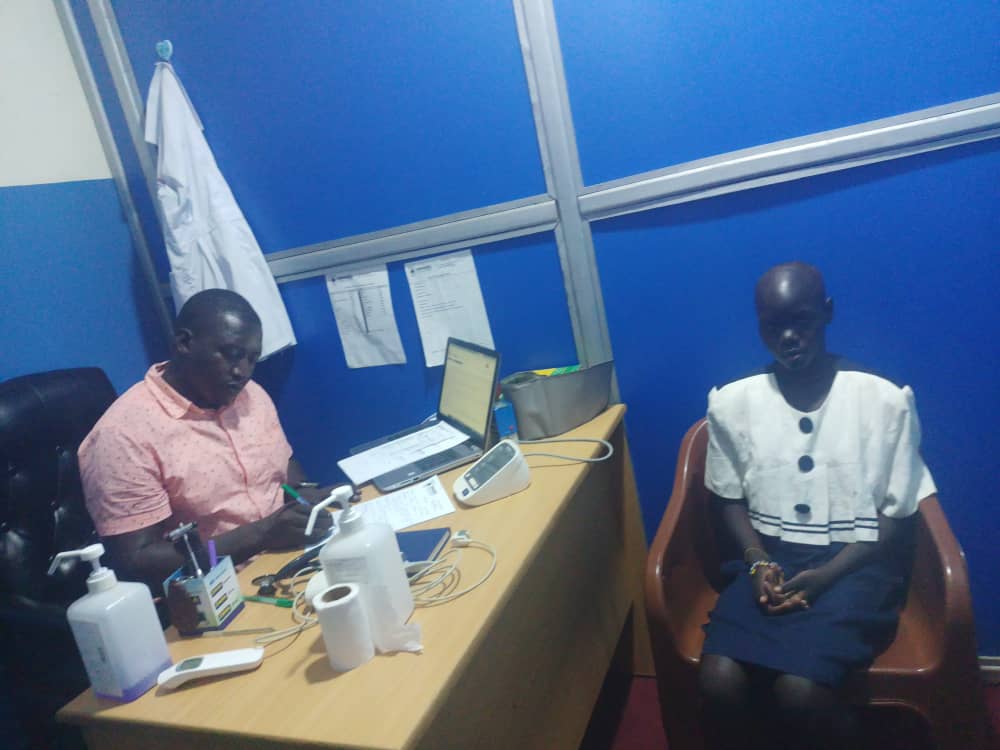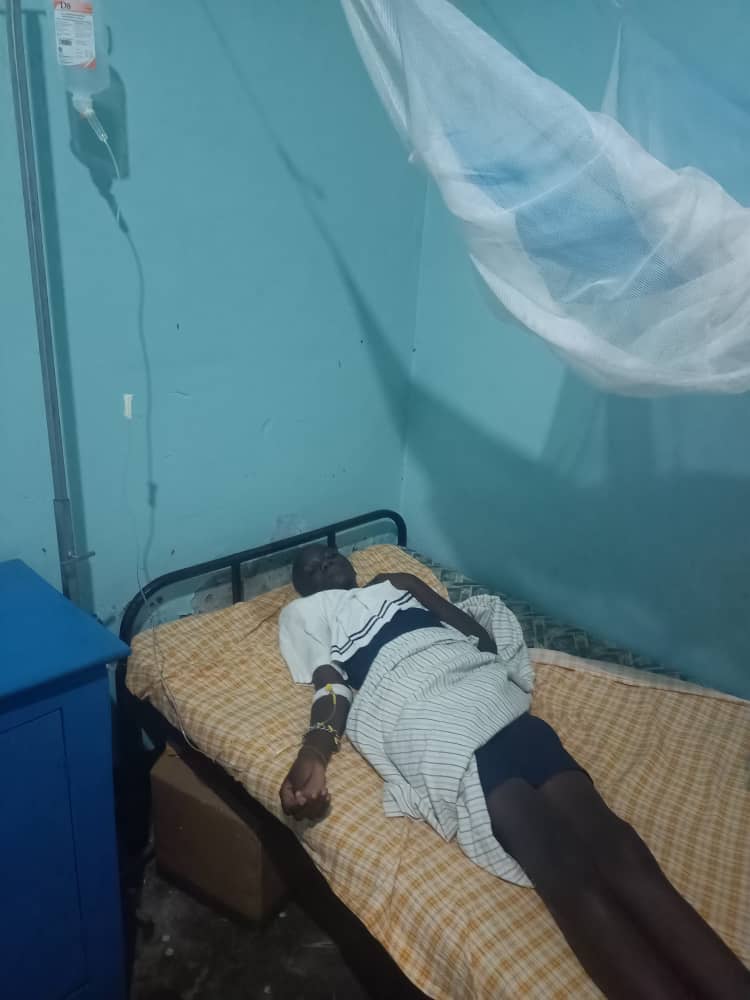SEFA Uganda is a Christ-centred humanitarian and community-based organization (CBO),
registered under LCWD/079/2025. Founded in 2018 by a team of health volunteers, youths, and
well-wishers, the organization emerged in response to the widespread demand for affordable health services
and transformative community interventions in the Lango Sub-region and Uganda at large. SEFA Uganda is
driven by a mission to support children, families, and communities to reach their full potential by
addressing both their spiritual and physical needs.
The organization is dedicated to empowering disadvantaged and vulnerable populations, especially children,
women, and the elderly. Through a holistic and inclusive approach, SEFA Uganda works to reduce health
inequalities, improve living conditions, and create opportunities that enable communities to thrive. Its
Christ-centred foundation guides all programs and ensures that compassion, dignity, and hope remain at the
heart of its work.
SEFA Uganda delivers a wide range of integrated services including health care, nutrition and food security,
sustainable livelihoods, water, sanitation and hygiene (WASH), basic and vocational education, social
support and protection, and institutional capacity building. By combining community engagement, professional
expertise, and long-term development strategies, SEFA Uganda continues to make meaningful and sustainable
impact across Uganda.
Mission
To empower the local community to actively participate on activities aimed at poverty eradication, urban and rural transformation through the promotion of integrated community development projects which can enable the most vulnerable people acquire productive assets and become self-reliant.
Vision
Towards a peaceful country where conflicts, high costs of health care services, poverty,
HIV/AIDS, stigma, discrimination and gender inequality are greatly reduced and the plight of young
people, women and children are properly addressed
Our values
- Promote affordable and quality health services to the Ugandan
population
- Promotion, protection and respect for human rights and rule of law
- Ethical professionalism in performance innovative leadership and
commitment
- Equality, honesty, fairness and charitable work
- Realist achievements, results and accountability
- Fear, believe and trust in God, we pray.
Our perspective is that;
Building sustainable health behavior change and protection in all aspects is possible only when we
research, advocate, sensitize and create awareness in the communities about health promotions, early ill
health seeking behaviors, respect for human rights and protection, the rule of law, equality and justice
for all persons for proper human development.
We believe that;
- Individuals and families can live healthy lives and plan their
families when they have knowledge of the right to healthy life and environment, where and how to access
the affordable health facilities for services within their communities
- Connected and integrated protection, creativity and research are
required to address human protection and development needs
- Building sustainable systems for respect and promotion of human
rights and resilient responsive communities comes from building the local capacity of individuals,
families, communities and local governments to identify their problems/gaps and address their needs.

